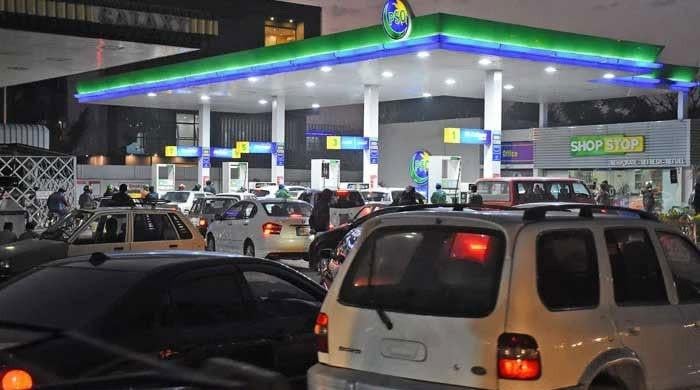Petrol Price in Pakistan to Decrease by Rs10
The decline in global crude oil prices is expected to bring significant relief to consumers, with petrol and diesel prices likely to decrease by Rs10 per liter over the next two weeks, subject to unchanged tax rates. The government's decision to review prices on April 15 will be closely watched, as it may adjust taxes to exercise its discretion in revising the proposed prices.

Consumers across Pakistan are expecting a significant relief in petroleum prices from April 16 due to a decline in global crude oil prices, with estimates suggesting a decrease of up to Rs8.50 per liter for petrol and Rs6.96 per liter for high-speed diesel.
The government will review the prices on April 15, and based on current tax rates, the ex-depot price of petrol is estimated to drop by Rs10, followed by a Rs9 per liter cut in high-speed diesel. The ex-depot prices of petrol and diesel currently stand at Rs254.63 and Rs258.64 per liter, respectively. The government charges Rs86 per liter on both petrol and diesel, including Rs70 per liter petroleum development levy, Rs16 per liter customs duty, and Rs17 per liter distribution and sale margins.
Petroleum prices in Pakistan are expected to decrease by over Rs8 per litre in the upcoming fortnightly review on April 15, sources within oil companies told Geo News. The decrease is likely due to fluctuations in oil rates in international markets. The petrol price may drop by up to Rs8.27 per litre, while diesel rate may see a reduction of Rs7 per litre. Kerosene oil and light diesel rates are expected to decrease by Rs7.47 per litre and Rs7.21 per litre, respectively.
This would be the biggest drop in petroleum product prices in Pakistan following a downward trend in global oil rates. The federal government had previously maintained petroleum prices on March 15 for the fortnight. The government may adjust taxes to exercise its discretion in revising the proposed prices, and it has given an undertaking to the IMF to impose a Rs5 per liter tax on petroleum products from July 1 as part of the $1.3 billion Resilience and Sustainability Facility.